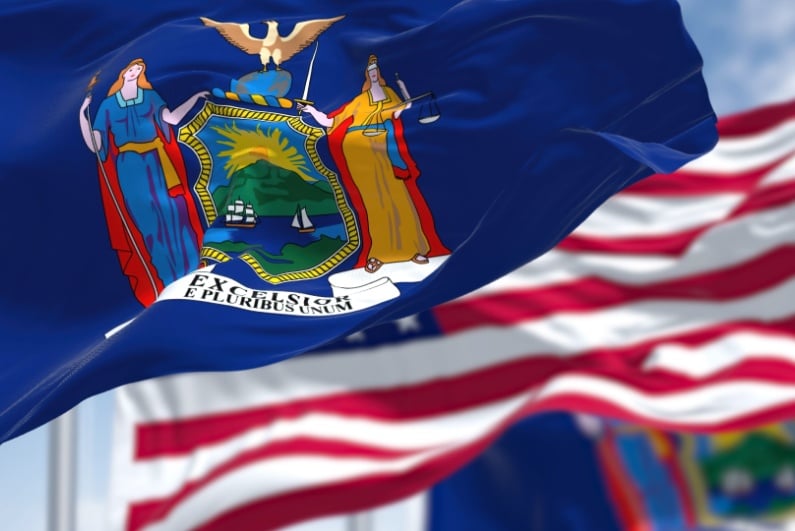British Prime Minister Theresa May has announced funding to help problem gamblers as part of a £20.5bn ($26bn) injection of fresh capital into the country’s beleaguered National Health Service (NHS).
The government had said in December that it would increase NHS funding for mental health services generally, due to rising demand, to give access to an additional 750,000 people who need help, which is expected to grow to an estimated 2m by 2029. Problem gamblers are included in that figure.
Shortage of clinics
Currently, there is only one dedicated treatment center for gambling addicts in England. The center is based in London and treats problem gamblers aged 16 and older. It offers psychiatric support for gamblers and their families and teaches patients techniques to control their gambling impulses.
A second clinic is due to open in April in Leeds, in the north of England. The NHS Northern Gambling Clinic will be funded by gambling charity GambleAware to the sum of £1.2m ($1.5m) a year and will be run by the region’s NHS trust and a private company called GamCare.
GamCare is a national charity that provides information, advice and telephone helplines, support, and free counseling for the prevention and treatment of problem gambling.
The clinic plans to open satellite outreach units once it is fully up and running.
Rise in problem gamblers
Two clinics is not nearly enough, however, for the rising number of problem gamblers in the UK. Current figures estimate up to 400,000 people are addicted to gambling, up to 2m are problem gamblers, and another 540,000 are deemed to be at risk.
Gambling opportunities are widespread in the UK. Every town and city has tens of bookmakers’ shops on their high streets, not to mention casinos in major cities, poker rooms, and online betting and gaming facilities.
Addiction rates are highest among customers of bookmakers who run fixed odds betting terminals (FOBTs). Users of FOBTs are estimated to have an addiction rate of 11.5% compared with just 1.4% of people becoming problem gamblers generally.
A controversy has been ongoing in the UK over the Treasury’s decision to delay slashing the maximum stake of £100 ($128) per wager to £2 ($2.56) until October 2019. Politicians and gambling charities have widely condemned the delay.
Online betting platforms do offer problem gamblers the option to self-exclude themselves, but compliance can be flawed. Last year the UK Gambling Commission, which regulates the industry, handed out record fines of up to £7m ($9m) to companies whose self-exclusion policies had failed to protect vulnerable gamblers.
Mental health misery
Gambling inflicts huge psychological damage on addicts. Addicts can struggle with severe depression, anxiety, drug abuse, and criminal activity to fund their habits, while also facing possible job loss, debts, and bankruptcy.
In 2017, the NHS reported the number of problem gamblers requiring admission to hospital had more than doubled to over 100, compared with 2016, and a drastic increase from single-figure admissions in 2000, when the World Health Organization first declared gambling addiction to be an illness.
Gamcare said calls to its helpline had risen by 30% over the last four years to around 30,000 in 2018.
Tom Watson, deputy leader of the opposition Labour Party, said two people were dying by suicide every day because their gambling was out of control, and that gambling operators should pay towards the cost of NHS treatments.
Watson said: “Gambling companies have to take more responsibility for harm caused by their products.”
The government has indicated that more clinics will be rolled out nationwide once funding is in place.




